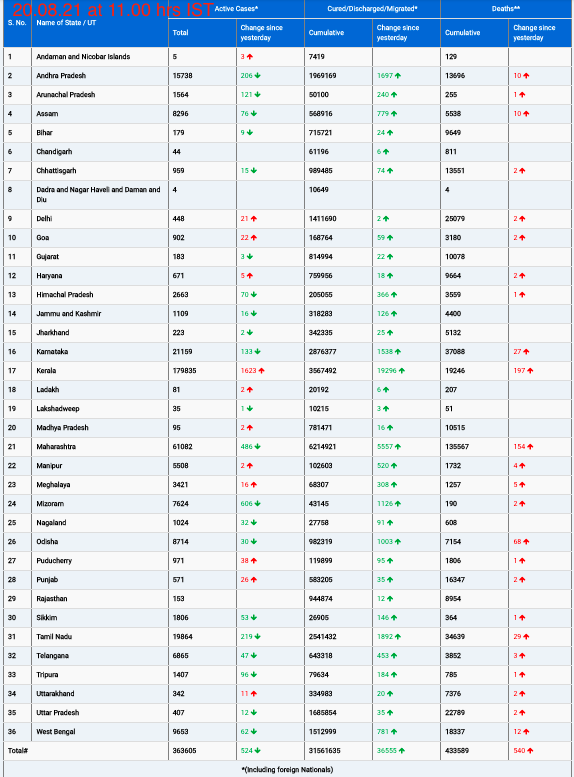In today’s digital age, the internet has become a powerful force in shaping our mental health. But its effects aren’t the same for everyone. While the internet might offer a boost to older generations, it seems to have a more complicated relationship with younger users, who may experience adverse effects on their mental well-being.
A Boon for the Over-50s
Recent research has shed light on how internet use can positively affect people over 50. According to a study led by Eugenia Cheng of the University of Hong Kong, individuals aged 50 and older who regularly use the internet tend to report higher levels of happiness and better health. The study, which analyzed data from 87,000 participants across 23 countries, divided the group into four categories based on their internet usage: non-users, sporadic users, weekly users, and daily users. Over six years, the research revealed that the more frequently these “silver surfers” used the internet, the more satisfied they were with their lives.
Interestingly, the most significant improvements were seen in those aged 65 and older. For this age group, regular internet usage was linked to fewer depressive symptoms and greater life satisfaction. The research also found that those who were unmarried, physically inactive, or financially struggling experienced the greatest benefits from internet use, suggesting that the internet can help fill the gaps in social interaction and access to resources.
The Dark Side for Younger Users
However, the internet’s effects are not universally positive. For younger generations, especially those under 50, excessive online time can contribute to mental health struggles. Previous studies have highlighted the risks associated with internet use for younger people, including anxiety, poor self-esteem, eating disorders, and online harassment.
In particular, the constant pressure of social media and the prevalence of harmful content can exacerbate these issues. This stark contrast in outcomes between younger and older users suggests that while the internet can be a tool for social connection and mental health improvement in older populations, it can also be a source of stress and distress for younger ones.
The Role of Social Connectivity
For older adults, the internet appears to provide much-needed opportunities for socializing, especially in an era where physical mobility may be limited. Researchers believe that online engagement can combat loneliness, offering a platform for connecting with loved ones, accessing support networks, and finding valuable information related to health and well-being.
Dr. Virginia Chang, a professor at NYU School of Global Public Health, emphasized that the cognitive benefits of internet use for older adults could be even more profound. Regular online engagement, she noted, can help reduce the risk of dementia by promoting cognitive reserve—a mechanism that helps the brain compensate for age-related decline.
Finding a Healthy Balance
Despite its benefits, excessive internet use is not without its risks. For older individuals, spending too much time online could interfere with essential activities like physical exercise, sleep, and face-to-face interactions—all of which are crucial for maintaining good mental health.
Moreover, the internet is not without its dangers. Misinformation, online fraud, and digital addiction are all significant concerns that could negatively impact users of any age.
A Complex Relationship
The findings of this study highlight the need for more awareness about how we use the internet. While it can serve as a lifeline for many, providing access to vital information and social support, it can also present risks, especially when used excessively or in unhealthy ways.
The key, it seems, is moderation. By making informed choices about our online habits, we can leverage the benefits of the internet to improve our mental health without falling victim to its potential downsides.
As we continue to navigate an increasingly digital world, studies like these offer valuable insights into how we can strike a balance that enhances our quality of life. The internet, it seems, is neither a hero nor a villain but a tool we must learn to use wisely for our mental and emotional well-being.











